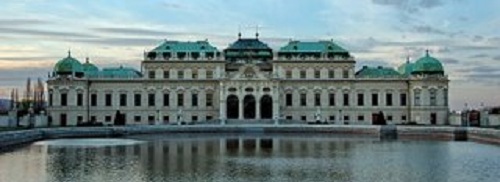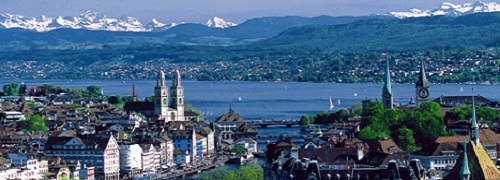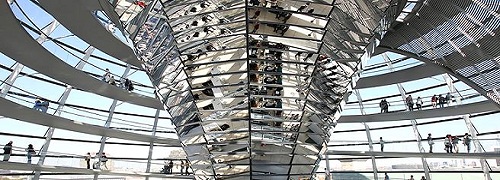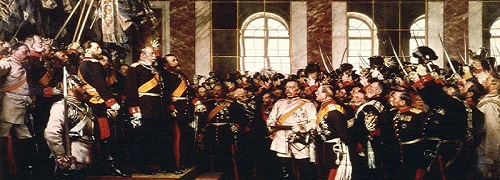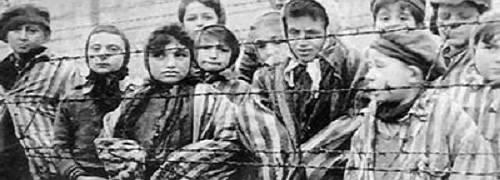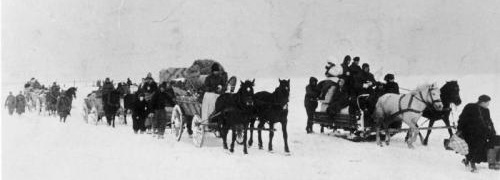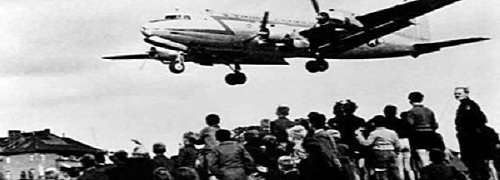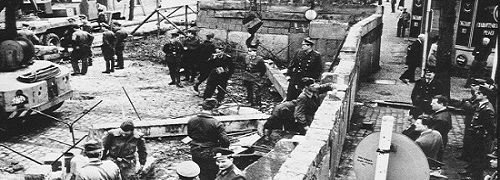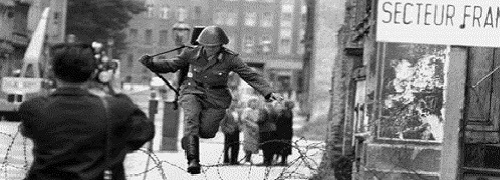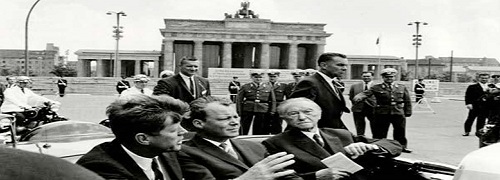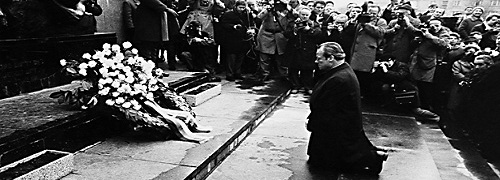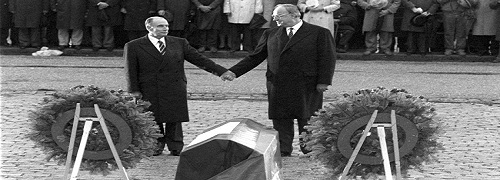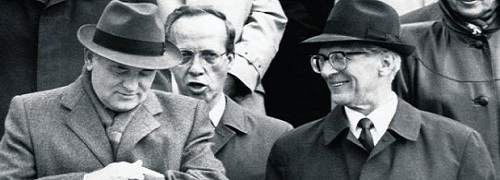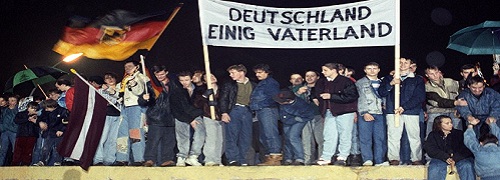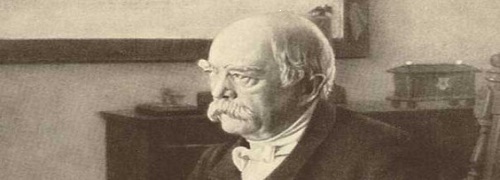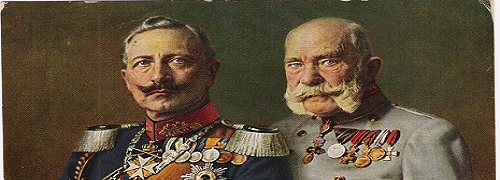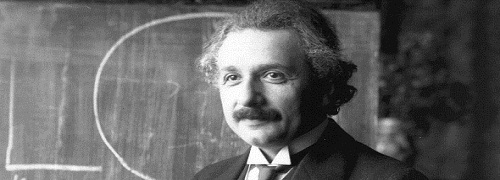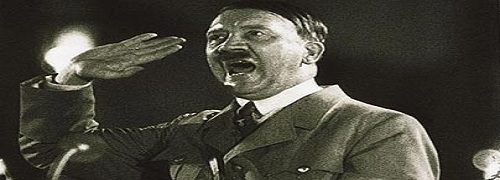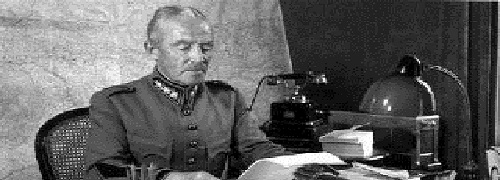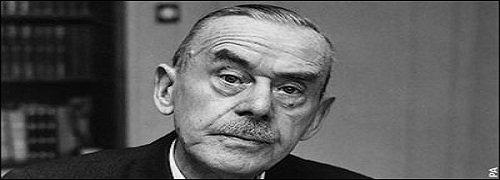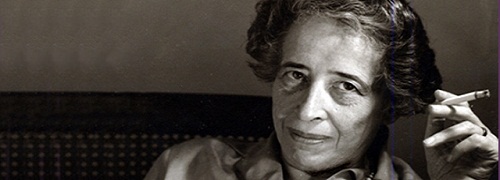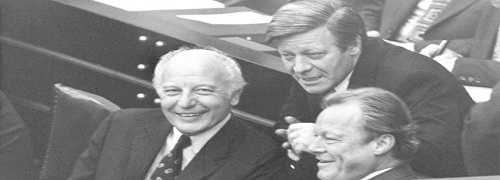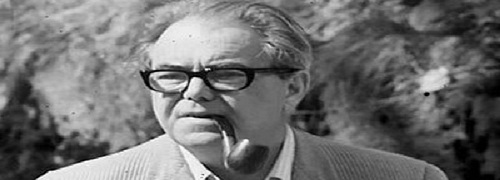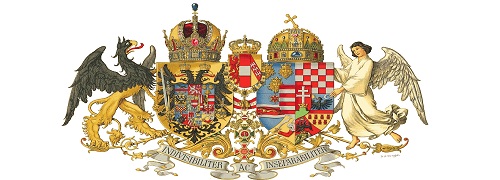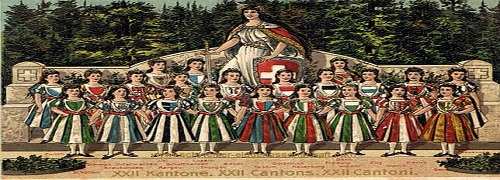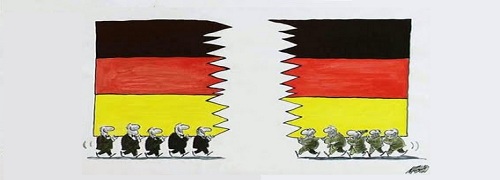CFP: Resistance and Opposition to National Socialism
CFP: Resistance and Opposition to National Socialism. GSA Annual Conference, Washington D.C. 1 – 4 October 2015.
Seventy years after the end of WWII, we would like to propose, during the next conference of the German Studies Association in Washington D.C. (October 1 – 4, 2015) three panels related to the topics of resistance and opposition to National Socialism and German occupation. The aim of the panels is to present new and original perspectives of research in this area especially, but not exclusively, by young scholars.
We welcome any proposal that may fit into any of the following panel descriptions. Scholars interested in submitting a paper must send an abstract (max. 300 words) and a short biographical description before 5 February 2015. Accepted participants will be notified within a few days.
Please note that in order to participate at the conference, you must be (or become) member of the German Studies Association for the current year. Participants must cover their own travel costs, accommodation and the registration fees. It is possible to apply for bursaries by external funding organizations or by the GSA.
Further information is available on the GSA homepage: www.thegsa.org
Panel I – Continuities and Discontinuities in the Responses to National Socialism from the Weimar Republic to the Third Reich.
Different experiences characterized the opposition to National Socialism during the Third Reich. Several groups or individuals pursued their own way to survive during the regime and to put obstacles in its path. Furthermore, several reasons and ideas justified the fight against the dictatorship, some of them also in contrast to each other. Opposition to National Socialism involved traditional antifascist subjects, socialists and communists, as well as liberals, conservatives and even völkisch ones. In many cases, there were no specific political backgrounds beyond opposition.
This panel addresses the different forms of opposition in Germany with a look to the long-range perspective. It searches for continuities and discontinuities between Antifascism and Anti-Nazi opposition in the Weimar Republic and during the Third Reich. It will address changes of strategies and motivations as well as the development of cooperation between subjects that did not have anything in common before the Third Reich.
The panel will include any contribution dealing with the opposition and resistance subjects that were rooted in the pre-Third Reich period. Particularly, it will focus on conservative and rightist opposition, including subjects that previously were allied with National Socialism, to investigate the reasons of discontinuities in their interactions with the regime.
Panel II – Transnational Antifascism in Europe. Networks, Entanglements, Transfers.
Starting from the Twenties until the end of the Second World War, Antifascist movements arranged a variety of responses against the emergence and diffusion of fascist movements and parties in Europe. Antifascism in Europe, as fascism itself, reveals itself as a heterogeneous phenomenon, difficult to grasp in its complexity; however, Antifascism is characterized by the common rejection of every form of fascism. These were not (nationally) isolated stories of resistance, but Antifascist movements and groups were organized in transnational networks transmitting information, contacts, experiences, ideas and knowledge within the European context.
The panel seeks to discuss the cultural and political dimensions of these networks and transfers, and it appears essential to recognize the unavoidable connection between the different national dimensions and the international context. In this way, the transnational characteristics of Antifascism, the transnational actors, including individual subjects, groups, international organizations, and parties active in the resistant movements, as well as the transnational identities and representations can be analyzed.
This panel aims at collecting studies on the transnational aspects of Antifascism, especially contacts, networks, transfer of information and different forms of cooperation in Europe.
Panel III – Antifascism in a Global Perspective: German Exile Communities in the Fight against the Third Reich
Inspired by a global historical perspective the panel seeks to unravel the global dimension of antifascist movements and transnational resistance networks. The aim of the panel is to initiate a critical discussion on the various forms and varieties of the global antifascist networks and movements during the interwar era.
The panel is focused on German exile communities that were active in opposition and resistance to the Third Reich in mainly non-European contexts. These should not, however, be perceived as nationally isolated stories of exile and resistance, but as deeply intertwined in the global fabric of German exile communities and antifascist networks. Antifascism found a cultural and political expression in various non-European contexts, but how did these initiatives relate to national antifascist (and fascist) movements and networks around the world and in relation to the European resistance movements?
In a global perspective, the German antifascist struggle is not limited to a struggle against the Third Reich in Germany, but also against ‘international fascism’ promoted through German cultural diplomacy and the Third Reich’s international relations on a global scale. The panel thus seeks to explore and discuss the role of German speaking exile communities, networks and movements in the establishment of a global antifascist culture of the left.
Proposals should be submitted to:
Kasper Brasken (FU – Berlin/Åbo Akademi University, Turku): kasper.brasken@abo.fi kasper.brasken@abo.fi
Silvia Madotto (FU – Berlin): silvia.madotto@fu-berlin.de
Alessandro Salvador (Università di Trento): alessandro.salvador@unitn.it


